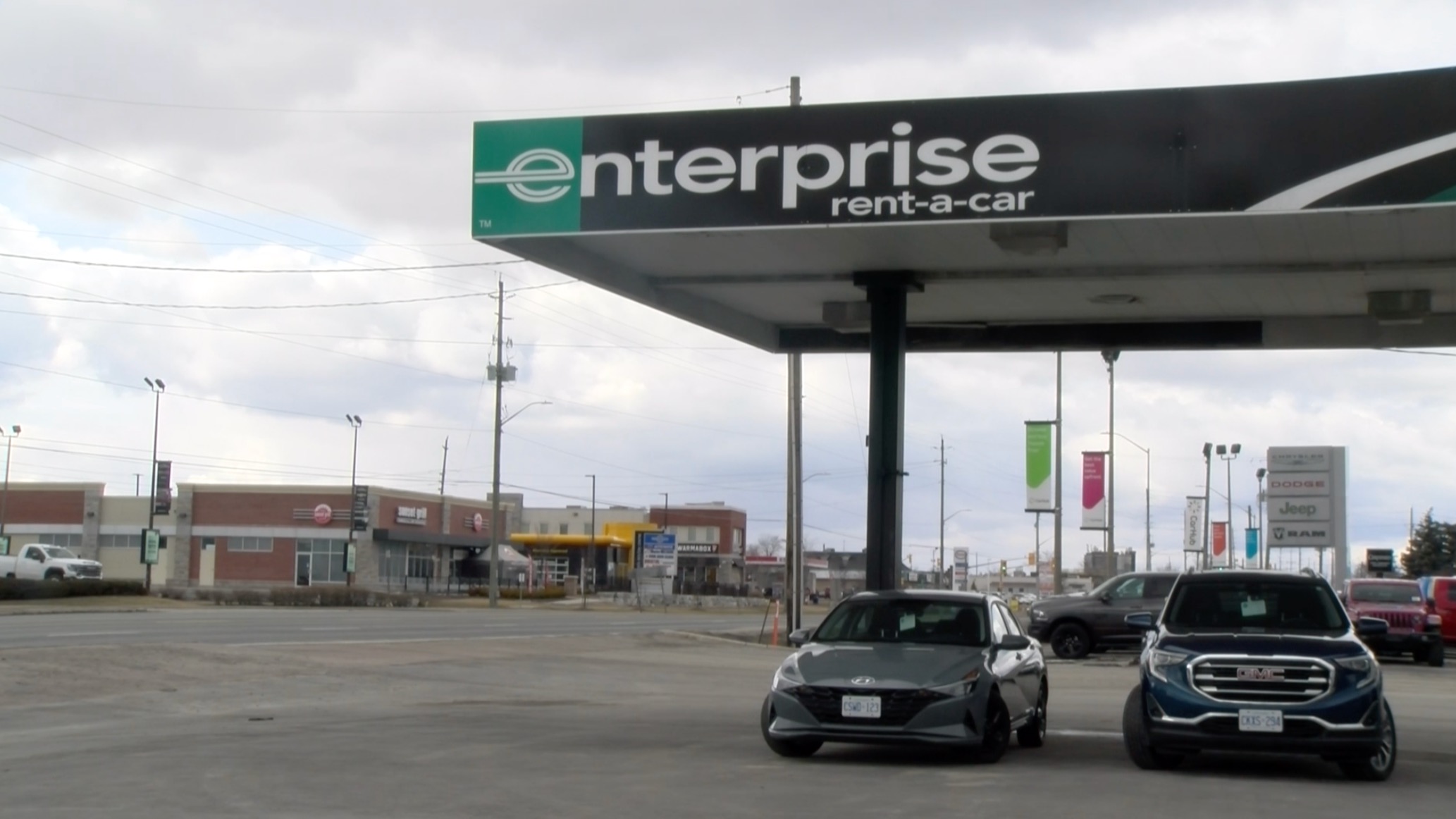During the recent spike in inflation, Marsha Joseph, a journalism student at Humber College, is considering renting out her personal vehicle to help save extra money, while paying her car expenses.
“With gas prices being so high I spend about $150 on gas in a month and especially if you live near Humber, insurance costs are an arm and a leg, so I might consider renting (out) my car,” Joseph said.
More people are considering non-traditional options, because of increases in the costs of living, particularly transportation.
Turo is a website that allows vehicle owners to rent out their personal vehicles, much like Airbnb does for homes.
Madison Seeman, communications manager at the online car rental service, said that at any one time 95 per cent of Canada’s 23 million vehicles are idle.
“What makes Turo different is that it’s a peer-to-peer platform, letting individual car owners safely share their own cars with others in exchange for a fee,” Seeman said.
According to Turo’s 2020 Market Guide, Toronto ranked as the fourth busiest spot for personal vehicle rentals between July and August. The app’s use over the past two years proves that car sharing has supported people during the pandemic.
People who rent out their vehicles can make an average of up to $1,200 in a summer, according to Turo.
“People who need quick, affordable access to a car can book any car, anywhere, and anytime from a community of trusted hosts,” Seeman said.
Traditional rental companies, however, haven’t seen much of a decline, if at all, in the demand for their rental vehicles in the past two years during the height of the pandemic.
Rental car service Zipcar said its statistics in 2021 showed 91 per cent of its members walked to get to a rental car and 28 per cent biked to them every other week during the pandemic.
“There was an expected decrease in demand, especially for businesses and universities, but Zipcar also saw members in cities across North America rely on essential transportation,” said Justin Holmes, Zipcar’s vice president of marketing and public policy.
“Our members use Zipcars for essential reasons like driving to the grocery store or work,” Holmes said. “And as cities reopen and students return to campus, we see more people visiting Zipcar.com since February, month over month.”
The Zipcar report shows the average household in Canada spends half of their financial budget on transportation and housing alone. Regardless of ownership, car fees are pricey in general for those who seek to drive.
Car expenses for Canadians can average up to $5,000 per year, according to a survey of 1,520 adults conducted by Turo in November 2021.

